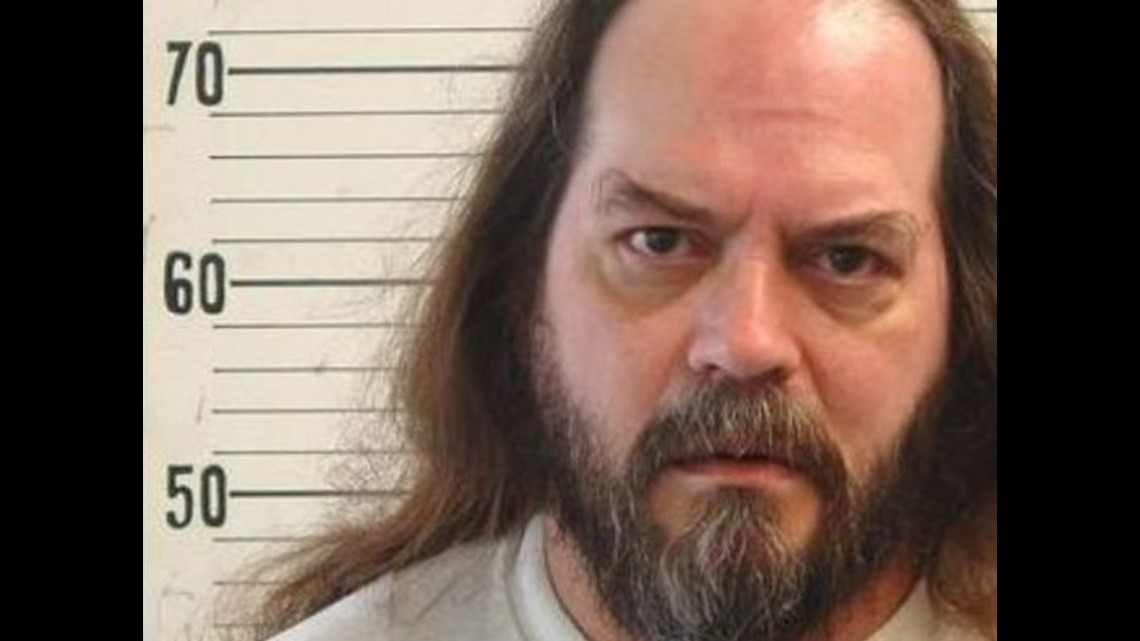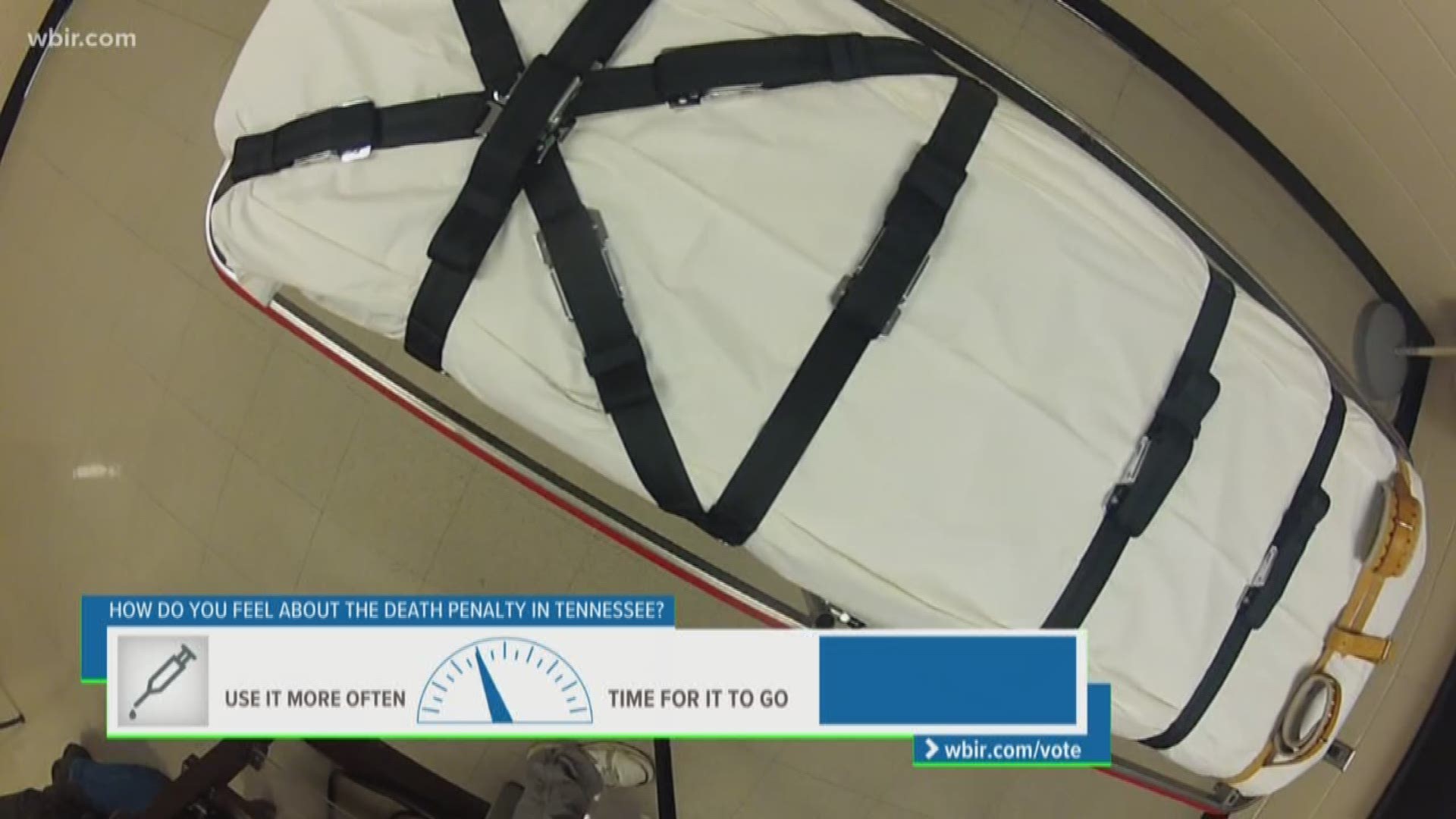Three Tennessee death row inmates are set to die in 2018, setting up what would be the first executions in the state since 2009.
The Tennessee Supreme Court and Tennessee Department of Correction confirmed the executions, scheduled to start in May. Neysa Taylor, a spokeswoman for the department, said Thursday the state "has the drugs necessary to carry out execution by lethal injection."
Two of the inmates have additional avenues for appeal, while the third — a Knox County man who has spent more than three decades on Death Row — has fewer remaining paths to avert execution this year.
James Hawkins, a 41-year-old Shelby County man convicted in 2011 of killing the mother of his three children, is scheduled to die May 9, according to the department.
Billy Ray Irick, a 59-year-old Knox County man convicted of the 1985 rape and murder of a 7-year-old girl is set to be executed Aug. 9, according to an order issued Thursday by the Tennessee Supreme Court.


Sedrick Clayton, a 34-year-old Shelby County man convicted of a triple murder in 2014, is scheduled to die Nov. 28, according to the department.
"Both Mr. Hawkins and Mr. Clayton had their convictions confirmed by the Tennessee Supreme Court in 2017. They have one year to file a petition for post conviction relief. They may also have federal appeal options," said Barbara Peck, a spokeswoman for the Tennessee Supreme Court.
"Mr. Irick has completed all his state and federal appeals."
The order for Irick sets the stage for what could be the first execution in Tennessee in nearly a decade. Attorneys representing Irick asked the Supreme Court Thursday not to set a new execution date for their client.
In that time, advocates and inmates tried unsuccessfully to win a legal battle arguing against the use of lethal injection and the death penalty.
In March 2017, the Tennessee Supreme Court ruled against dozens of death row inmates who'd filed suit against the practice.
“The intended result of an execution is to render the inmate dead,” wrote Chief Justice Jeffrey Bivins in an opinion upholding the state’s procedure to execute the condemned via one shot of pentobarbital, according to Tennessean archives.
In March 2017, department General Counsel Debbie Inglis indicated the department did not have the drugs needed to carry out a lethal injection but she "anticipates we could carry out" such an injection if requested.
Other states have had difficulty obtaining drugs used in lethal injections.
Death by electric chair is also legal in Tennessee. It was last used in 2007.
There are 60 people on death row in Tennessee.
Irick, who's been on death row at Riverbend Maximum Security Institution in Nashville since 1986, was last set to die in 2014. In April 1985, Irick was angry over a problem with the family of 7-year-old Paula Kay Dyer. Temporarily left to watch over Paula and her brothers, Irick repeatedly raped Dyer before strangling her, according to Knoxville News Sentinel archives.
Clayton is the most recent person in Tennessee sentenced to death row. He was convicted in 2014 on three counts of first-degree murder in the shooting deaths of his girlfriend and her parents, according to the Commercial Appeal archives. The victims were Pashea Fisher, 23, and her parents, Arithio Fisher and Patricia Fisher.
Hawkins was sentenced to death in 2011. He was convicted of stabbing, strangling and and dismembering Charlene Gaither, the mother of his three children, in 2009. He told police at the time his 12-year-old daughter stabbed her mother and he dismembered the body to help cover up her act, according to the Commercial Appeal.
The last person executed in Tennessee was Cecil Johnson, executed in 2009 after he was convicted of murdering three people in Nashville in 1980.
Johnson's death occurred before Gov. Bill Haslam took office. If there are no further delays, Irick will be the first person executed during the former Knoxville mayor's gubernatorial tenure.
"The governor will defer to the Tennessee Supreme Court as the court sets execution dates, not the executive branch. The governor will follow the law and the court’s orders on this matter," said Haslam spokeswoman Jennifer Donnals in an email Wednesday.
Reach Dave Boucher at 615-259-8892, dboucher@tennessean.com and on Twitter @Dave_Boucher1.

